Mathematica: A Secret World of Intuition and Curiosity
Original price was: $30,00.$15,95Current price is: $15,95.
- 100% Satisfaction Guaranteed!
- Immediate Digital Delivery
- Download Risk-Free
✔ Digital file type(s): 1𝐏𝐃𝐅
A fascinating look into how the transformative joys of mathematical experience are available to everyone, not just specialists
Math has a reputation for being inaccessible. People think that it requires a special gift or that comprehension is a matter of genes. Yet the greatest mathematicians throughout history, from René Descartes to Alexander Grothendieck, have insisted that this is not the case. Like Albert Einstein, who famously claimed to have “no special talent,” they said that they had accomplished what they did using ordinary human doubts, weaknesses, curiosity, and imagination.
David Bessis guides us on an illuminating path toward deeper mathematical comprehension, reconnecting us with the mental plasticity we experienced as children. With simple, concrete examples, Bessis shows how mathematical comprehension is integral to the great learning milestones of life, such as learning to see, to speak, to walk, and to eat with a spoon.
Focusing on the deeply human roots of mathematics, Bessis dispels the myths of mathematical genius. He offers an engaging initiation into the experience of math not as a series of discouragingly incomprehensible logic problems but as a physical activity akin to yoga, meditation, or a martial art. This perspective will change the way you think not only about math but also about intelligence, intuition, and everything that goes on inside your head.
10 reviews for Mathematica: A Secret World of Intuition and Curiosity
You must be logged in to post a review.

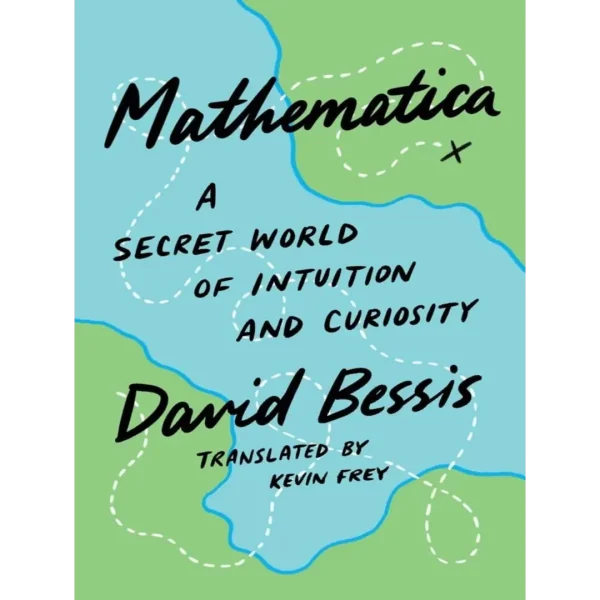
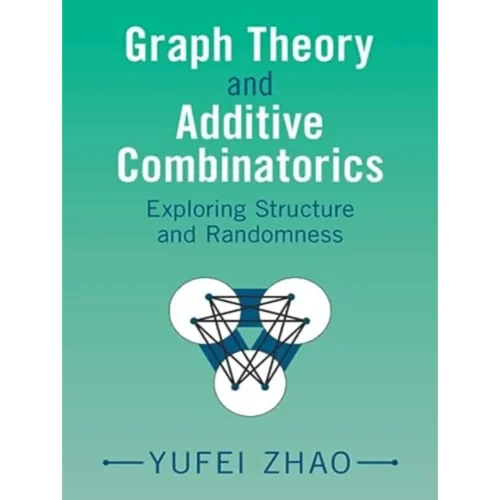
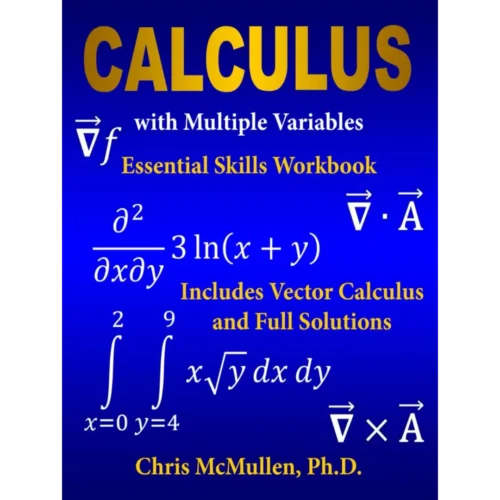
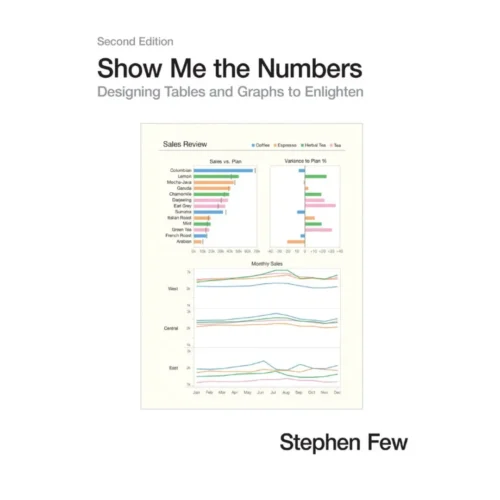
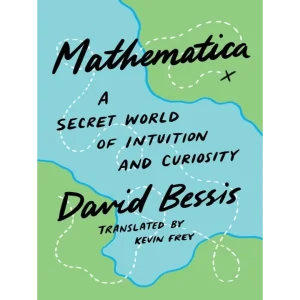
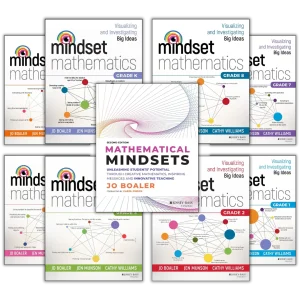
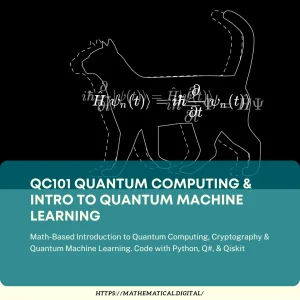
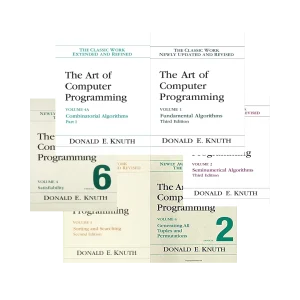
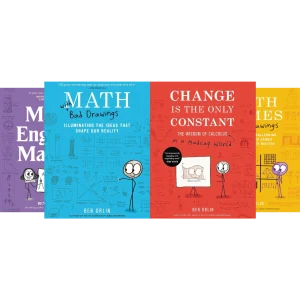
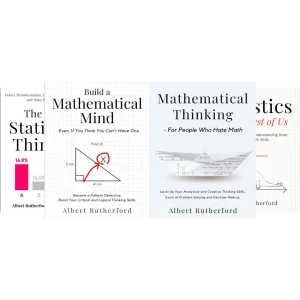
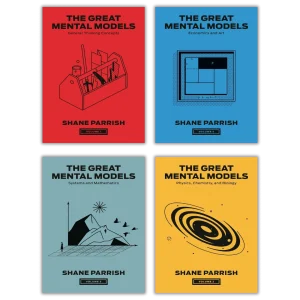


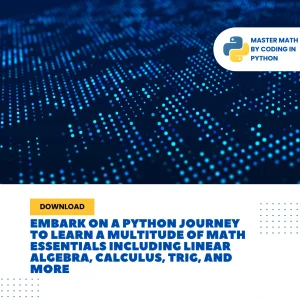

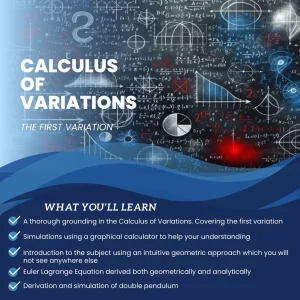
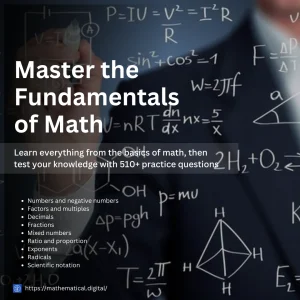
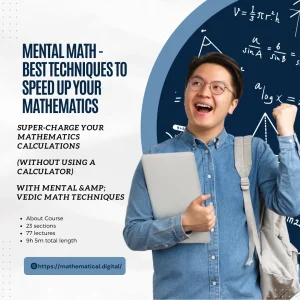

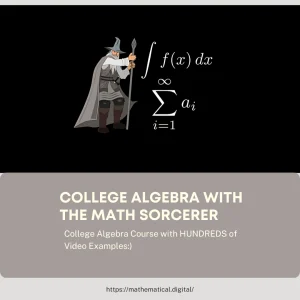
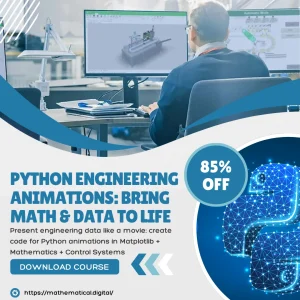
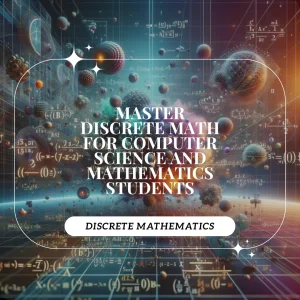
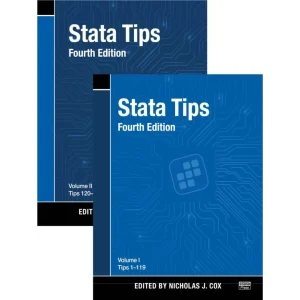
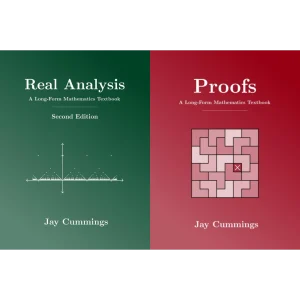
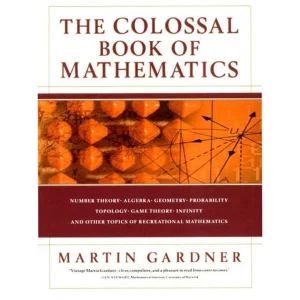
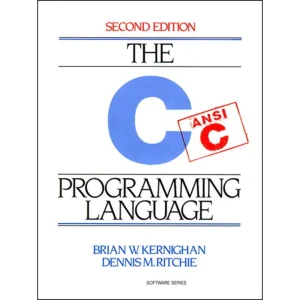
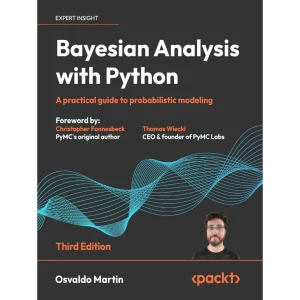
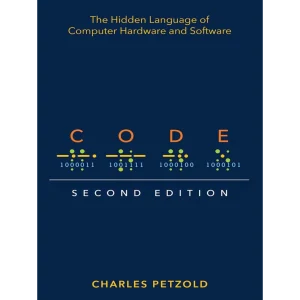
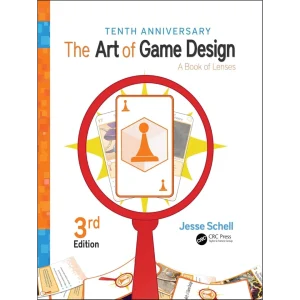
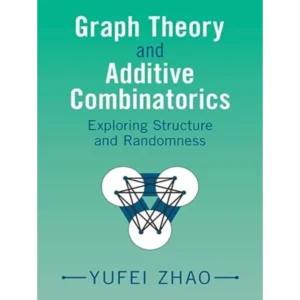
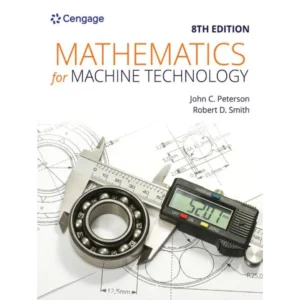
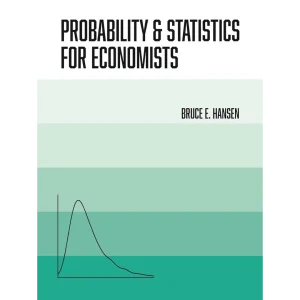
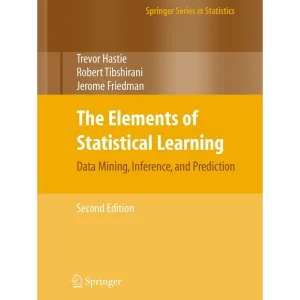
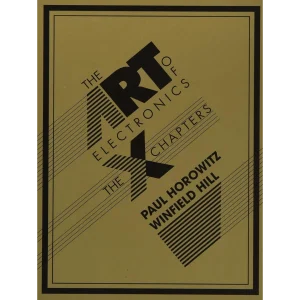
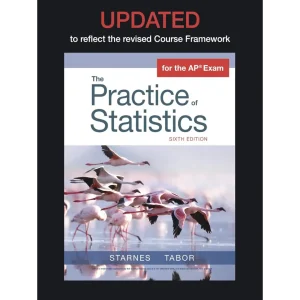
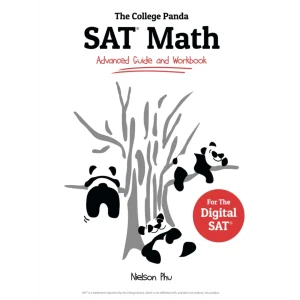
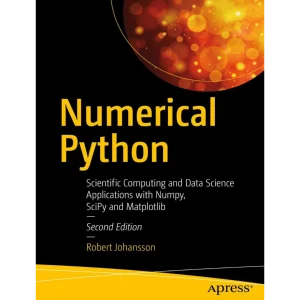
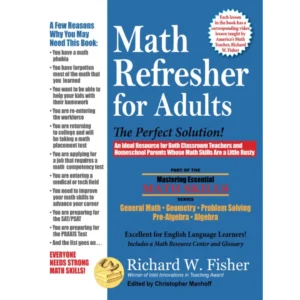
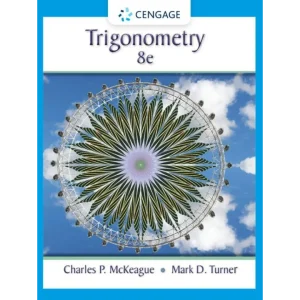
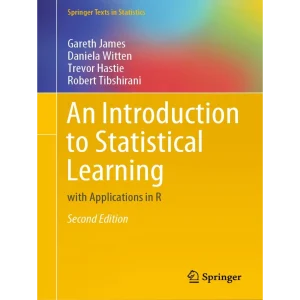

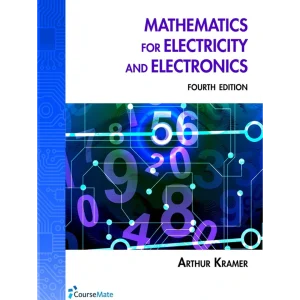
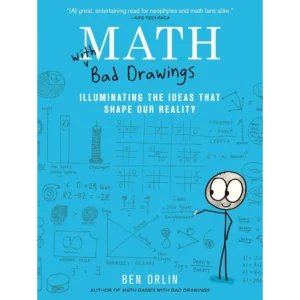
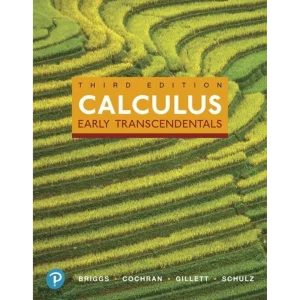
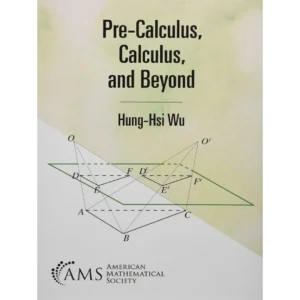
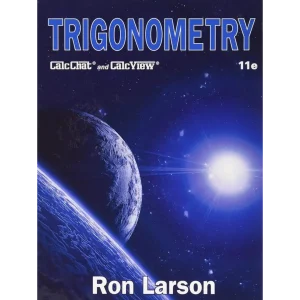
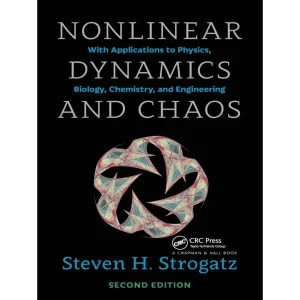
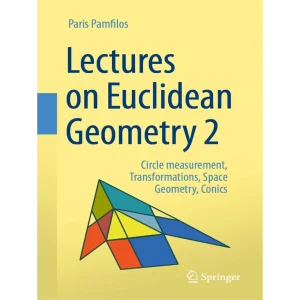
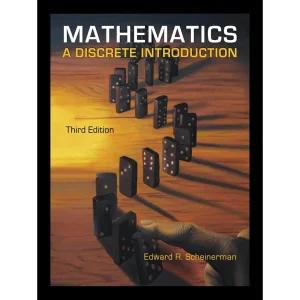
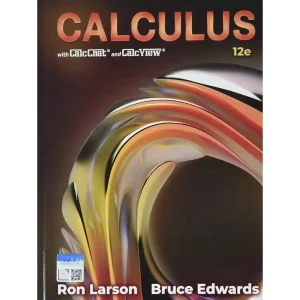
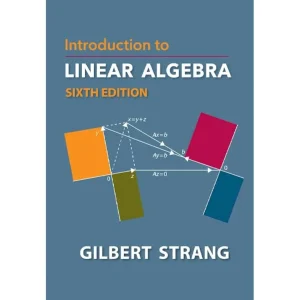
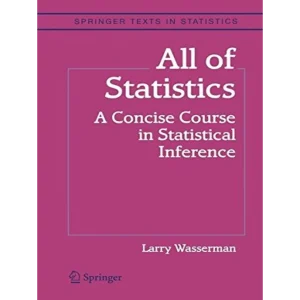
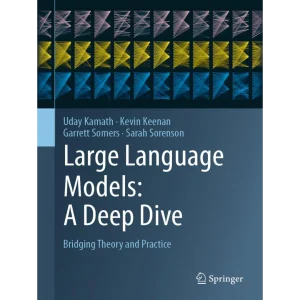
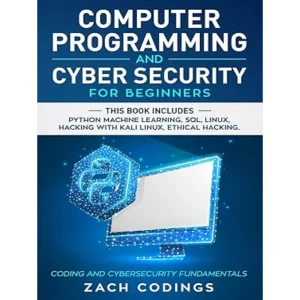
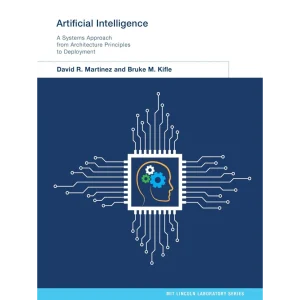
Mr Edwards –
A fantastic, open and honest reflection of experiencing mathematics and what it means to be mathematical. Excellent read for all.
Kevin M –
I picked this book up at a local bookstore thinking it was about learning math in general. Boy, was I surprised. This book is a gem in that it explains what math really is and how it affects the human brain. This isn’t about doing math, it’s about how math can bridge our intuitive and logical selves. Some really great insights into math, cognition, AI, and what it means to be human. I thoroughly enjoyed it and would recommend it to anyone interested in the topics above.
Alexa –
A unique and profound book
Thatchaphol Saranurak –
The book demystifies the common false beliefs about math and mathematicians and clearly explains the process of “doing great math.”
Very useful for high schoolers, PhD students, and even professors!
The author unifies explanations by Descartes, Grothendieck, and Thurston on this subject with his own subjective experiences in a great way. I wish this book existed when I was a PhD student.
Anshu –
What is math? How do you learn it? How does it feel to practice it? These are questions this book tackles, and it does so in a way that can really inform educators by opening up the reader’s awareness to the beauty and experience of mathematical intuition, in the hope that it can be taught, practised and learned. I enjoyed reading it, and wish it had arrived earlier in my life.
V. Bandy –
You will get A LOT from this book whether or not you are into math. I’m not mathy. I’m a creative writer, artist, karaoke person & I love learning languages. I picked this up because of a thread I saw online, on a whim, because something in my gut said, “you should take a look at this.” And then I listened to the introduction, and I was like, “yeah, this seems good and the world is a dumpster fire so…”
Then, to my delight, I discovered in this one of the best guides to imagination and general creativity I’ve ever read. I’ve recommended the book to my friends, especially the artistic types, who were giving me some side-eye until I went into some of the details (which I’ll do below).
What you’ll get out of this book:
1. Intuition is not just some magical thing that you’ve either got or your don’t. You can train it by thinking through things both creatively and with logic. You can make it BETTER! Because it’s your brain! And you’ll get some concrete approaches on how to do this.
2. Math people are really good at creative visualization (and other creative sensory imagination — not just pictures). Using imagination, you can calculate stuff without having to know a bunch of formulas. (I could go into more detail, but I’m not giving away the whole book because it’s valuable to read/listen to it and try his exercises.)
3. You can then apply these imaginative techniques and to improving your skills in all kinds of seemingly unrelated areas. The way he talks about feeling out formulas, for example, reminds me very much of writing and feeling out the shape of a story. I also directly see how what he’s talking in creative visualization will make you better at drawing from the imagination. I can draw from reference, but I have a hard time drawing from imagination. I just assumed I had a bad visual imagination, but never had the (seemingly obvious but I wasn’t thinking of it) revelation that I could just focus on improving my visual imagination and memory… duh.
I’ve actually gained quite a bit more from this book too in regards to thinking about how I think and how I can think better. (Circular much, lol!) But I’m not going to give everything away.
Tl;dr: Whether or not you’re interested in improving your math skills (it was fun to improve some of mine but a that’s not why I got this book), Mathematica is a winner if you’re interested in learning more about how to use and improve your imagination. And it’s fun!
epcrump –
I have never written a book review before, but I felt I had to for this one. I am a mathematician and somehow David Bessis has captured exactly how I think and feel when I do mathematics. All I can add is that it is the best book I have ever read.
Katharina – SW Engineer –
This should be taught in school. It would have elevated my math skills and confidence to a completely different level. It would have made an enormous difference in my career and would alleviate the distress & frustration most people experience with math. It shows you how to enjoy and even potentially learn to love and excel in math. I’m so grateful that I found it and gave it a chance.
Eric Nehrlich –
This is one of the few books I’ve read that changed my perspective. Bessis describes the feeling of grappling with concepts that are mentally just out of reach, as well as the critical step of checking those concepts against reality. I loved his description of “System 3”, extending Kahneman’s systems 1 and 2, which always felt limited to me, so Bessis’s conception of guided intuition as a third system aligns with my experience.
Beyond that, he has an inspirational message – all of us humans are more capable than we think we are, if we can stay in the discomfort of not knowing. He shared his breakthrough moment, when a famous mathematician asked him to explain something after a talk he gave because “I didn’t understand any of that”. That fearless willingness to embrace what one doesn’t understand unlocked Bessis’s own capabilities as a mathematician – he stopped trying to impress others with how much he already understood, and instead focused on learning (to use Carol Dweck’s terminology, he let go of a fixed mindset to embrace a growth mindset).
Inspiring, hopeful and insightful. Highly recommend.
J. Franco –
Just a great thing for your head. Yeah your intuition has a role to play, regardless of what Miss Crabtree told you in Calculus class. And it’s really great if you have school age kids. It gives you angles to work on to keep them from hating math.
And Mr. Bessis has inspired me to return to Descartes with an entirely different view. Descartes as self help, who’d a thunk it?